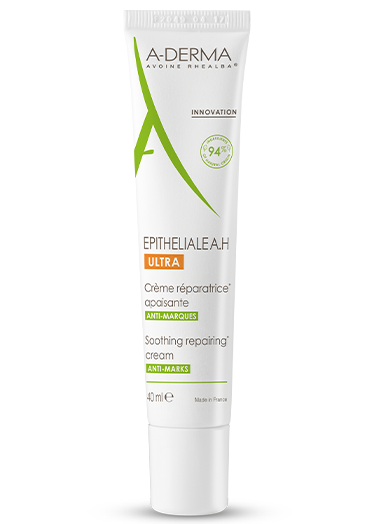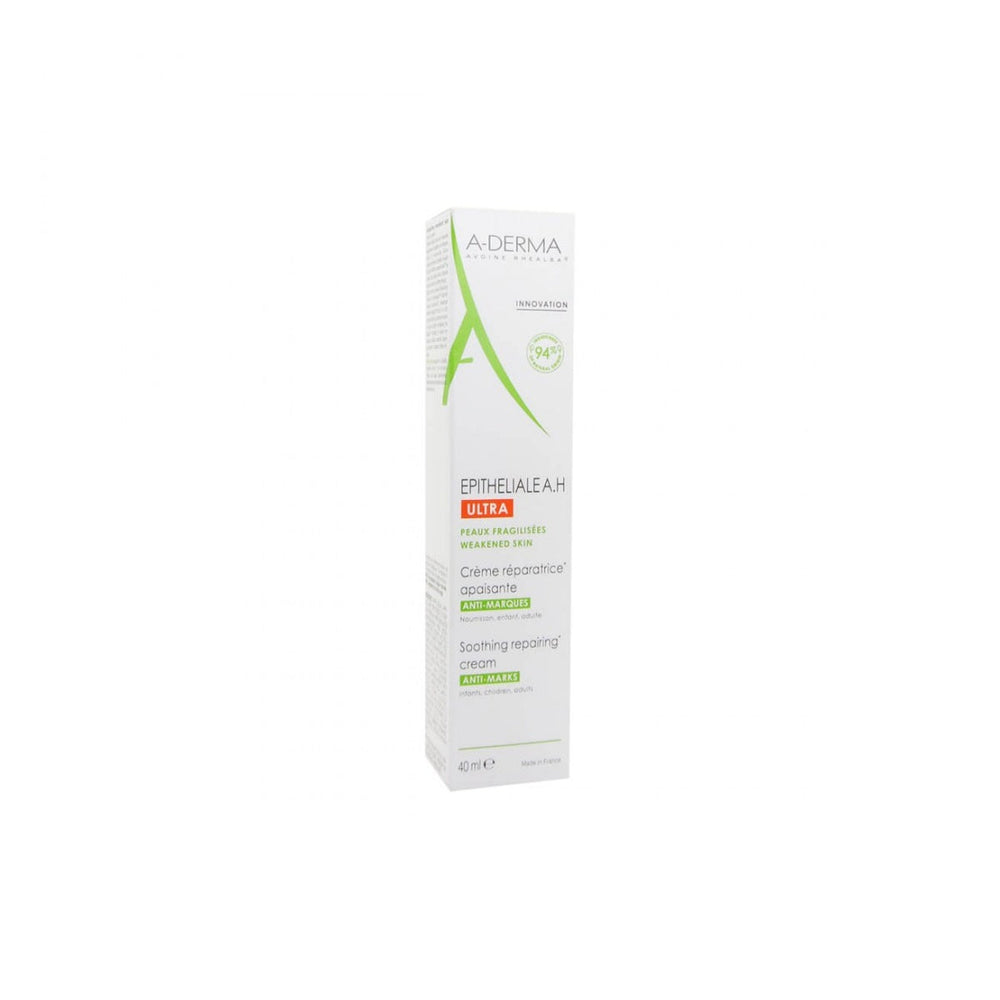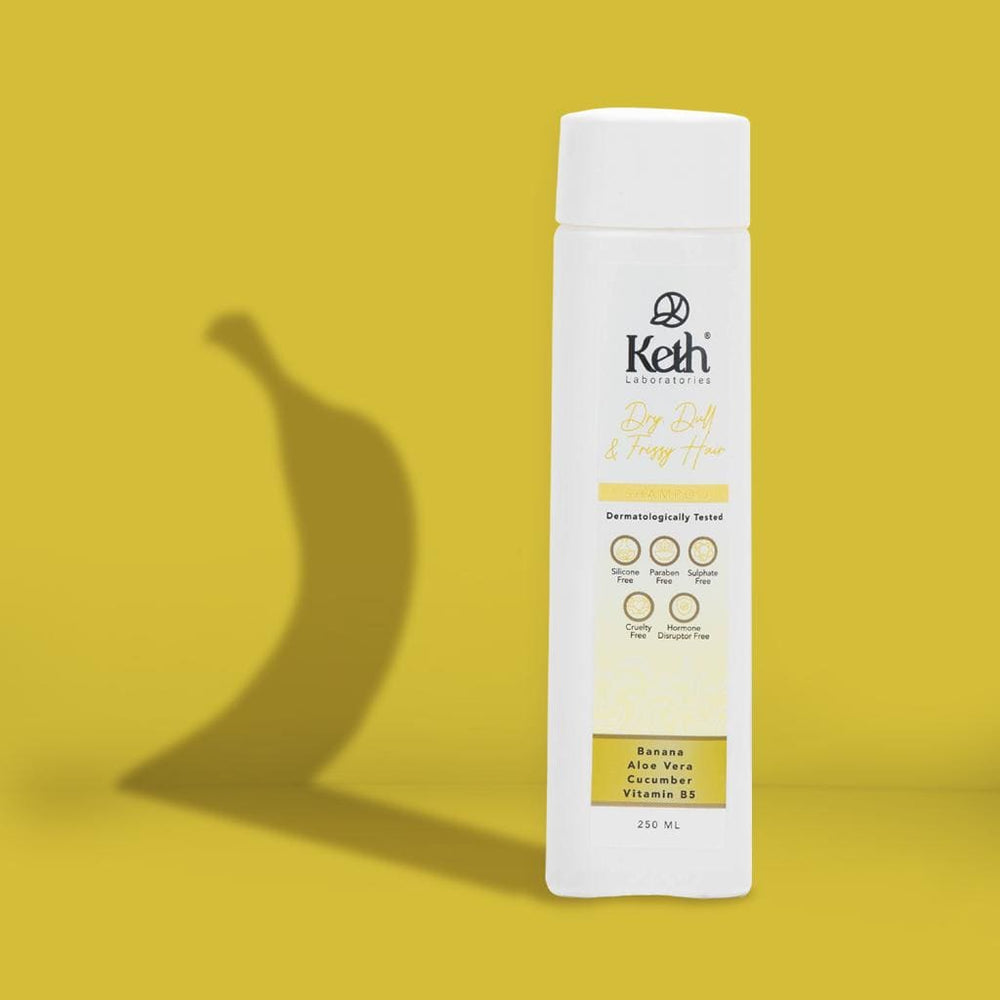Supplements for Healthy Skin: The Science Behind Glowing from Within
Glowing skin isn’t just about a solid daily skincare routine. What you put into your body—and more importantly, what you absorb—has a huge impact on the health of your skin. That’s where supplements fit in. They bridge nutritional gaps, boost collagen formation, and enhance your skin’s natural radiance from within.
Let’s look at how the right vitamins for skin health, collagen supplements, and nutrients like omega 3 fatty acids supplements and zinc supplement make a difference.

Why Nutrition Matters for Skin Health
Your skin is your body’s largest organ, and it mirrors what’s happening inside. A poor diet or lack of nutrients often results in dullness, acne, premature aging, and inflammation. When your meals are unbalanced, supplements help maintain the essential nutrient levels your skin needs to stay elastic and hydrated.
Nutrients such as vitamin C, zinc, and omega-3s work at a cellular level—reducing oxidative stress, improving the skin barrier, and supporting collagen production. These subtle internal improvements lead to long-lasting, visible results.
Best Demonstrated Supplements for Healthy Skin
1. Collagen Supplements
Collagen is the protein that gives your skin structure, firmness, and bounce. After your 20s, collagen levels naturally decrease, leading to fine lines and sagging.
Taking collagen supplements, especially hydrolyzed collagen peptides, helps restore these reserves. Research shows that consistent intake for 8–12 weeks can improve skin hydration and elasticity. For best results, choose marine or bovine collagen powders enriched with vitamin C for better absorption.
2. Zinc Supplement
Zinc supports wound healing, oil control, and inflammation management. If you have acne-prone skin, a zinc supplement may reduce sebum production and minimize breakouts. It also boosts immunity and protects against UV-induced damage when combined with antioxidants.
Moderation is crucial—too much zinc can interfere with other minerals in your body.
3. Omega 3 Fatty Acids Supplements
Omega-3s, found in fish oil and algae oil, are essential fats your body cannot produce on its own. These strengthen your skin’s lipid barrier, reducing water loss and irritation.
Consuming omega 3 fatty acids supplements regularly keeps your skin supple, hydrated, and calm—especially if you experience redness or eczema.
Vegetarian? Try plant-based omega-3 capsules derived from algae.
4. Vitamins for Skin Health
Several vitamins work together to improve overall skin health:
-
Vitamin C: Boosts collagen production and brightens complexion.
-
Vitamin E: Powerful antioxidant that neutralizes free radicals.
-
Vitamin A (Retinol): Aids in cell renewal and reduces signs of aging.
-
Vitamin D: Supports skin repair and regeneration.
A balanced multivitamin for skin health ensures you receive daily nourishment, especially on busy days.
What Doesn’t Work: Myths & Overhyped Pills
Not every pill that promises glowing skin lives up to the claim. Too much biotin, for example, can trigger acne in some individuals. Many “hair, skin, and nails” supplements contain filler doses that offer little benefit.
Focus on dermatologist-approved ingredients—like collagen supplements, zinc supplement, and omega 3 fatty acids supplements—that have scientific backing.
Food vs Supplements: Which Is Better?
Whole foods should always come first. Fruits, vegetables, nuts, seeds, and lean proteins naturally supply the antioxidants and amino acids your skin loves.
Still, with modern diets, stress, and pollution, it’s not always enough. That’s when supplements act as reliable partners to your nutrition—never replacements.
Pairing Skincare and Nutrition for Optimal Results
Topical skincare works on the outside; supplements work from within. Together, they create stronger, healthier skin.
Try these combinations:
-
Pair collagen supplements with peptide-rich serums.
-
Combine zinc supplement with niacinamide-based products.
-
Take omega 3 fatty acids supplements while using ceramide moisturizers.
When inner and outer care align, your skin barrier stays firm and resilient.
Dermatologist-Approved Tips
Dermatologists recommend introducing one supplement at a time and maintaining it consistently for at least 2–3 months.
Choose reputable brands with clinical doses and third-party testing. Always consult your dermatologist before starting new vitamins for skin health, especially if you have underlying conditions or are on medication.
Final Thoughts
Healthy, glowing skin reflects internal balance. With the right mix of nutrition and targeted supplement support—like collagen supplements, zinc supplement, and omega 3 fatty acids supplements—you can radiate your beauty from the inside out.
Consistency, not quick fixes, is the real secret to how to improve skin health and maintain it for life.




































































